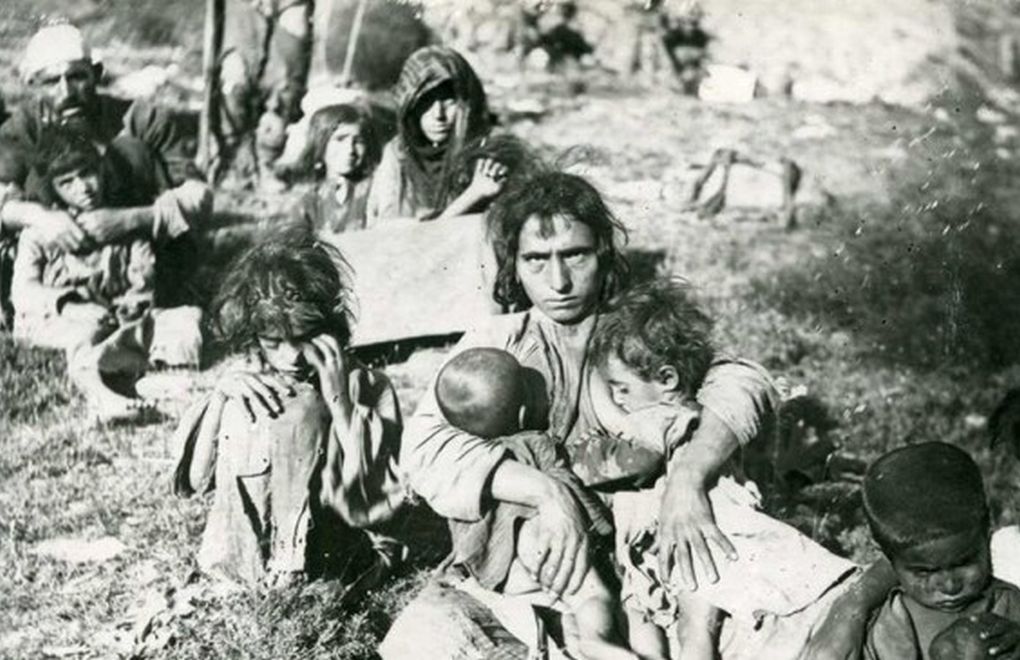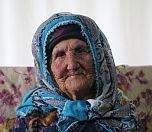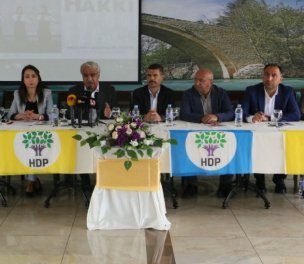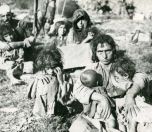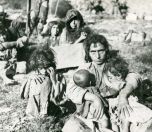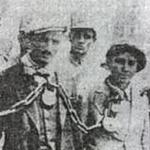* Photo: DEDEF - Archive
Click to read the article in Turkish / Kurdish
The Human Rights Association (İHD) Central Office released a statement today (May 4) and marked the anniversary of the Dersim Massacre, which began in eastern Turkey on May 4, 1937 and continued in 1938. The İHD has underlined that the massacres committed in Dersim constituted a genocide, underlining "the need to face the genocide".
The Association has also recalled that President and Justice and Development Party (AKP) Chair Recep Tayyip Erdoğan apologized for the Dersim massacre in 2011, when he was the Prime Minister.
The İHD has stressed that "in order for the state to face Dersim, first a 'Truth Commission for Dersim' must be established under the roof of the Parliament and the genocide must be recognized, an apology must be made and reparative justice must be emphasized by necessary legal amendments in the light of the recommendations of the commission based on its works."
The İHD has listed the following demands:
- Reinstate the name of Dersim,
- Unveil the burial sites of and rehabilitate Seyit Rıza and his friends, who were executed during the Dersim massacre; open the other mass graves in due manner,
- Announce the fate and whereabouts of the girls who were not massacred and captured alive during the military operations; ensure that they reunite with their families,
- Abandon the policy of depopulating Dersim, cancel the ongoing hydroelectric power plant project and other dams, end natural and cultural destruction,
- Take the natural and cultural centers of faith under protection and transfer them to the local representatives of Dersim people (such as the Dersim Municipality).
CLICK - Human Rights Association makes five requests for Dersim
CLICK - CHP and HDP Statements on Dersim: Open the Archives, Face the Massacre
'Lost Girls of Dersim'
Directed by Nezahat Doğan, the documentary film "Two Ringlets Of Hair- Lost Girls Of Dersim" consists of two stories.
In the first one, a paternal uncle talks about how two girls, also paternal granddaughters, lived through the Dersim Massacre, how they were lost, where they were taken to by soldiers and how.
The second story is about Şemsi and Sakine, two paternal cousins at the ages of 6-8 who were "adopted", but whose fate and whereabouts have remained unknown. Their families talk about their search for the lost girls. (RT/SD)




